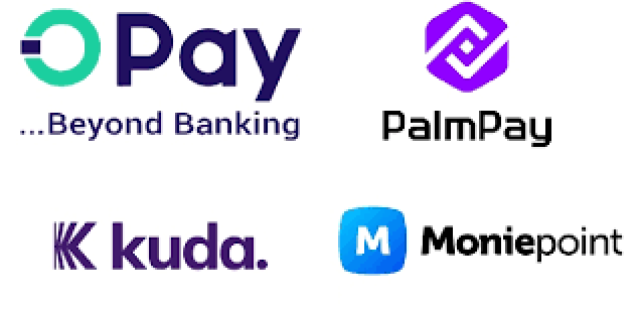The financial technology firms, Kuda Microfinance and OPay, have recommenced the process of onboarding new customers after receiving a directive from the Central Bank of Nigeria.
The announcement of this decision was made by the two companies on their respective X accounts on Monday.
The Central Bank had instructed fintech companies to temporarily stop accepting new customer registrations on April 29, citing worries about compliance with Know Your Customer (KYC) regulations.
This action was a part of the government's wider efforts to clamp down on illegal foreign exchange transactions and cryptocurrency activities.
On May 20, 2024, fintechs were provided with a set of requirements to meet in order to lift the onboarding freeze. These requirements included the blocking of peer-to-peer crypto transfers, the implementation of physical address verification for all account tiers, and the enhancement of facial verification for customers.
OPay announced this development through a post on its X handle, reaffirming its commitment to adhering to approved KYC verification processes and urging customers to complete the necessary verification steps for all accounts.
"We are excited to share that the Central Bank of Nigeria has approved OPay to resume onboarding new users. This achievement demonstrates our dedication to compliance, safeguarding your information, and preventing any illicit activities."
"As you may already be aware, we have been collaborating with the CBN to adhere to recent regulatory mandates by implementing additional account controls.
"Following our efforts, we will begin accepting new customers this week," the fintech company announced.
Kuda has established the following prerequisites for opening a Tier 3 account: Customers are required to submit their NIN, BVN, and proof of address, which will then undergo address verification.
On February 27, CBN Governor Olayemi Cardoso disclosed that an astonishing $26 billion from undisclosed origins flowed through Binance Nigeria in just one year.
To tackle this issue, the CBN is working alongside various agencies, including the Economic and Financial Crimes Commission, the police, and the Office of the National Security Adviser.
In a related development, the EFCC revealed on April 23 that it had placed a freeze on over 300 accounts associated with illegal foreign exchange trading.
On April 24, a Federal High Court in Abuja issued an interim order permitting the EFCC to freeze approximately 1,146 bank accounts owned by individuals and companies engaged in unauthorized foreign exchange dealings.
These actions showcase the CBN's dedication to addressing illegal financial movements and advancing financial openness in Nigeria.




















